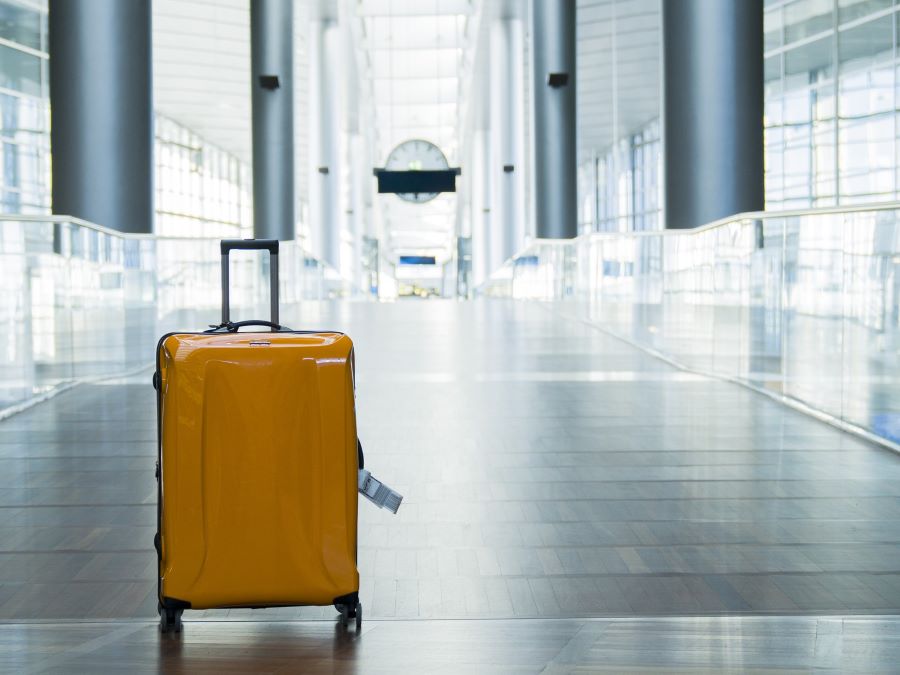
SCTI's Revamp of the Flagship Policy
18 April 2023 by Laura Sedgwick
The new policy introduces cover for additional pet care if your return travel is delayed
Southern Cross Travel Insurance’s (SCTI) TravelCare policy has been the flagship insurance product covering Australian international travellers for almost 15 years, since it launched into the market in 2009. Over the years, the TravelCare policy has been reviewed to reflect the changing needs of travellers. Most recently, following the onset of the Covid-19 pandemic, SCTI put in place additional cover for those whose journeys may be impacted by Covid-19, and translated its policy documents into Plain Language.
The new International Comprehensive policy, launched this month, replaces TravelCare and is driven by fresh customer insights and a need to reflect increasingly diverse traveller needs.
Jo McCauley CEO, Southern Cross Travel Insurance said, “We have always revised our products to meet customer needs when needed, for example introducing Covid cover, and domestic travel insurance to reflect the travel climate during the pandemic. With international travel now well and truly re-emerging, we wanted to introduce some further changes to better support our customers.
The Southern Cross team is pleased to introduce new benefits for parents – of pets and children.
“I’m a dog and cat owner myself,” McCauley added, “so I really understand how travellers with pets can be worried about travel disruption affecting their arrival home. To help ease their concerns we have introduced cover for additional pet care at a kennel or cattery if your return travel is delayed, with $100 per day up to $1,000 per paying person.
“Likewise, as a parent, I’m pleased to say we’re offering cover for additional childcare expenses for parents or caregivers delayed in their return home – again with $100 per 24 hours up to a total of $1,000. Our International Comprehensive customers can now be reassured their babies of all breeds are now cared for.”
Another change McCauley is excited to be rolling out is the ability to sell a policy online which includes more than two adults.
“This has long been a bug bear of multiple generations of a single family travelling together or those travelling overseas in groups, so I'm especially pleased that we can now cover up to 30 travellers on one policy.”
Under the new International Comprehensive policy, cover available under the rental vehicle excess benefit has doubled, while increases have also been made to the amount available for emergency dental treatment.
“All these changes reflect the types of travel, incidents and resulting claims we’ve been seeing. We want to make sure that the level of cover available to customers is appropriate considering the increased costs associated with travel.”
McCauley said, “While we’re really delighted with the changes we’ve made, this is just one of our policy makeovers, with upgrades on the way for other policies we offer. We’re determined to live up to our reputation as a trusted travel insurer and this is only possible if we take our customers’ needs into account and respond to the way they want to travel.”
Travel facts and trends
- Research from Southern Cross Travel Insurance reveals nearly all (87 per cent) Australians are planning to travel (in AU and overseas) in the next 12 months, with the top reasons for doing so for relaxing and unwinding (51 per cent), seeing family and friends (42 per cent) and experiencing an adventure (31 per cent).
- Three in four (74 per cent) of all Australian overseas travellers over the last 12 months have experienced an issue like flight delays or cancellations (29 per cent), catching Covid-19 during their trip (25 per cent) or sustaining an illness or injury immediately before or during their trip (24 per cent).
- In the last 12 months, nearly six in ten (58 per cent) Australians have travelled domestically, with an average of 1.9 trips taken and almost three in ten (28 per cent) Australians have travelled overseas with an average of 1.9 trips taken.





